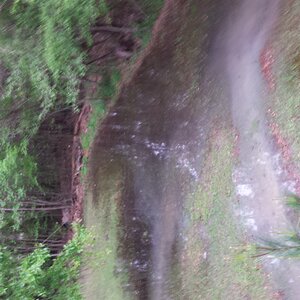hello everybody
i'm new to the forums and the thought of professional photography so feel free to flame me if i say anything "stupid/ignorant" i won't mind
i won't mind
i've always had a passion for taking pictures, but i never have given much thought to purchasing some really nice equipment to do it with.
i suppose it would be easier for you guys to point me in the right direction if you knew where i'm coming from and where i would like to go.
i like to take a lot of still photos. stuff like sunsets/rises, clouds, plants, architecture, animals, and just random things that i see a good "flow" of lines/shapes in. i hardly ever take photos of moving stuff (mainly because they are almost always blurred). i also like taking really close macro photos (bugs, coins, leaves) but i have a really hard time doing it because of my equipment. i am intruiged by the fine details in few good macro shots i manage to take though.
the only two cameras i use are a 4MP nikon coolpix and (your gonna laugh) the 1.3MP camera on my cellphone . truthfully, 97% of the pictures i take are with my cellphone (proabably average about 20-30 pics a day) because i never think to bring the nikon anywhere with me.
. truthfully, 97% of the pictures i take are with my cellphone (proabably average about 20-30 pics a day) because i never think to bring the nikon anywhere with me.
i'm ready to step it up though and i need a camera with manual focus. i can't tell you how much auto-focus frustrates me.
as for applications, well i would like something versitile. here is a list of things i can see myself using a nice camera for:
1. still photos like i described above (i believe some this could also classify as stock photography which could be sold on the internet). i also plan to do some serious traveling here in a couple years and think building a stockpile of photos from around the world would be a good way to stay productive while i'm traveling.
2. modeling. i know a lot of beautiful women and a meet a lot more quite frequently. i've always thought of it as an untapped resource . plus i know plenty who would be willing to let me practice my photography skills on them in exchange for some free photos to put in their portfolio.
. plus i know plenty who would be willing to let me practice my photography skills on them in exchange for some free photos to put in their portfolio.
3. i coulda sworn there was a third thing i was thinking about, but i forgot it for the moment (probably due to all the beautiful women i was just thinking of). i'll edit my post if i remember it later .
.
i know a whole lot of nuthin about professional cameras. what i do know though it that "quality" lenses can be quite expensive. i'm not worried about buying the most bad ass camera i can right off the bat. i think it would be wiser to put my money into some really nice lenses that i can use with other cameras as i get more experienced in the years to come. besides, technology upgrades so fast that something that is mind blowing today will only be ho-hum in a year or two. i can see a good lense retaining it value (both usefulness and monetary) for much longer than a camera.
maybe not though. this is just what i assume. i have no expertise
so with all that being said, i would really appreciate some help in choosing a camera and some lenses to go with it. price isn't really an issue but i see no reason to spend exorbitant amount on equipment i wouldn't know how to use to even 20% of it's potential. if i'm right about the lenses i'd rather put my investment there and just buy a nice rugged/durable camera to learn the ropes on.
and thank you in advance for any advice you are willing to give me. i trully do appreciate it :mrgreen:
i'm new to the forums and the thought of professional photography so feel free to flame me if i say anything "stupid/ignorant"
i've always had a passion for taking pictures, but i never have given much thought to purchasing some really nice equipment to do it with.
i suppose it would be easier for you guys to point me in the right direction if you knew where i'm coming from and where i would like to go.
i like to take a lot of still photos. stuff like sunsets/rises, clouds, plants, architecture, animals, and just random things that i see a good "flow" of lines/shapes in. i hardly ever take photos of moving stuff (mainly because they are almost always blurred). i also like taking really close macro photos (bugs, coins, leaves) but i have a really hard time doing it because of my equipment. i am intruiged by the fine details in few good macro shots i manage to take though.
the only two cameras i use are a 4MP nikon coolpix and (your gonna laugh) the 1.3MP camera on my cellphone
i'm ready to step it up though and i need a camera with manual focus. i can't tell you how much auto-focus frustrates me.
as for applications, well i would like something versitile. here is a list of things i can see myself using a nice camera for:
1. still photos like i described above (i believe some this could also classify as stock photography which could be sold on the internet). i also plan to do some serious traveling here in a couple years and think building a stockpile of photos from around the world would be a good way to stay productive while i'm traveling.
2. modeling. i know a lot of beautiful women and a meet a lot more quite frequently. i've always thought of it as an untapped resource
3. i coulda sworn there was a third thing i was thinking about, but i forgot it for the moment (probably due to all the beautiful women i was just thinking of). i'll edit my post if i remember it later
 .
.i know a whole lot of nuthin about professional cameras. what i do know though it that "quality" lenses can be quite expensive. i'm not worried about buying the most bad ass camera i can right off the bat. i think it would be wiser to put my money into some really nice lenses that i can use with other cameras as i get more experienced in the years to come. besides, technology upgrades so fast that something that is mind blowing today will only be ho-hum in a year or two. i can see a good lense retaining it value (both usefulness and monetary) for much longer than a camera.
maybe not though. this is just what i assume. i have no expertise
so with all that being said, i would really appreciate some help in choosing a camera and some lenses to go with it. price isn't really an issue but i see no reason to spend exorbitant amount on equipment i wouldn't know how to use to even 20% of it's potential. if i'm right about the lenses i'd rather put my investment there and just buy a nice rugged/durable camera to learn the ropes on.
and thank you in advance for any advice you are willing to give me. i trully do appreciate it :mrgreen:


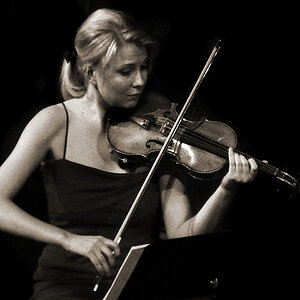
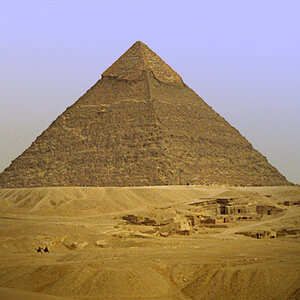
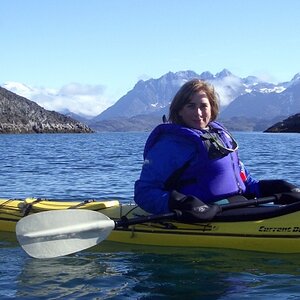
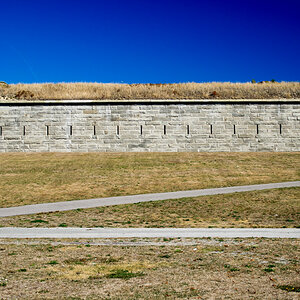
![[No title]](/data/xfmg/thumbnail/34/34039-a3bf38301d5ee5f8b658c43a86558500.jpg?1619736250)


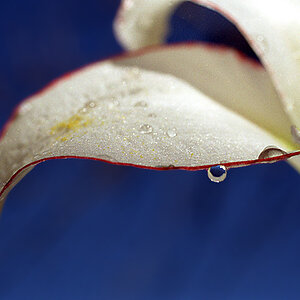

![[No title]](/data/xfmg/thumbnail/34/34040-14af4007923299ad46d35fc110d0faad.jpg?1619736250)
